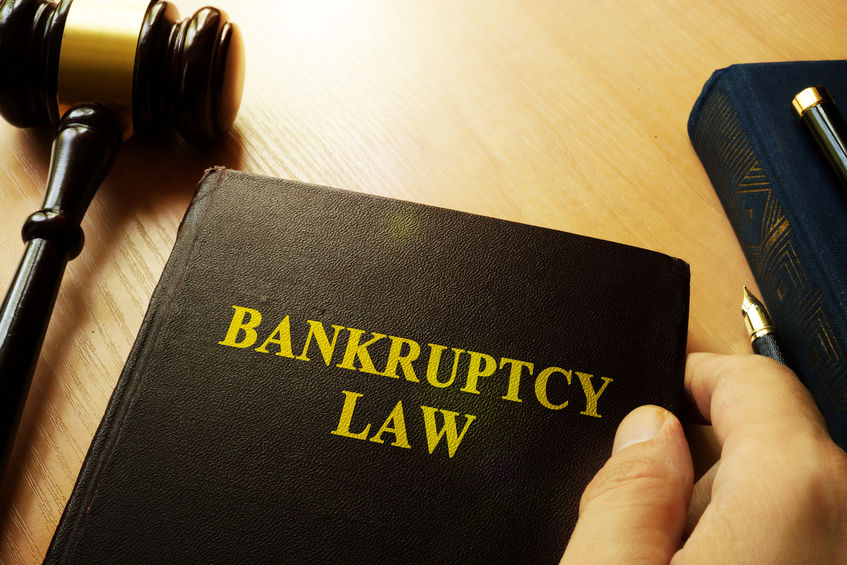Frequently Asked Questions on Bankruptcy Chapters 7 and 13

Imagine you have a magic genie. You make a wish, “let all my debts vanish.” The genie obeys your command. You are debt-free! Well, life isn’t always a fairy tale. And when it isn’t, there are bankruptcy lawyers to help you come out of the debt trap.
It is not easy to file for bankruptcy. At times, it may not be the best option. It is good to take legal advice before filing. There are chapters to choose from. A legal counsel can guide you in the choice of chapters and in every step of the filing procedure. With a legal aid by your side, you are less likely to make mistakes or omit some important steps.
Chapter 7 is one of the commonest bankruptcy types in the US. It is also called Liquidation bankruptcy or Straight bankruptcy.
In this chapter, you get a trustee from the court. He/she handles your assets by taking their ownership, sells them, and distributes the money to your creditors.
You can file for chapter 7 bankruptcy in Maryland online either on your own or through a lawyer. It is highly recommended that you hire a lawyer for the perfect guidance. Besides, a lot of paperwork and procedure is involved in a bankruptcy case. Lawyers are well-versed with everything. They can save you from the unnecessary stress of understanding each step and then doing it.
Does the court-appointed trustee take away all assets?
No.
The court lets you keep “exempt property.”
The federal government provides a list of exemptions. Each state also has its own list. You must talk to a lawyer about the list to use, as every state has its own law.
Common exemptions in the property include:
• Residential house
• Car
• Retirement accounts
• Property required for earning a living, such as your store or office
By keeping the basic property, the debtor gets a chance to start their financial life afresh.
Are all the creditors paid in chapter 7?
Rarely.
Most people who file for chapter 7 in Maryland have not enough funds left to pay every creditor. In some cases, the creditors may get all the money you own them; however, it is rarely seen, according to lawyers.
The unpaid debt is discharged. This means you, no longer, owe the creditors any money.
Should I file chapter 7 or chapter 13?
Your bankruptcy lawyer can give you the best advice on the choice of chapters depending on your financial condition.
Chapter 13 does not discharge debts but reconsolidates them into one payment. This makes it easier for you to pay the debts. The monthly payment is fixed as per your capacity to pay. This chapter is best for those who have enough income for living expenses but are unable to pay debts.
On the other hand, chapter 7 is best for those who barely earn enough for their living expenses.
Whether you file for chapter 13 bankruptcy in Maryland or chapter 7, you get a fresh start in finances. You get a chance to correct your financial mistakes you may have made that led to bankruptcy. Also, you learn how to manage your finances better in the future.



